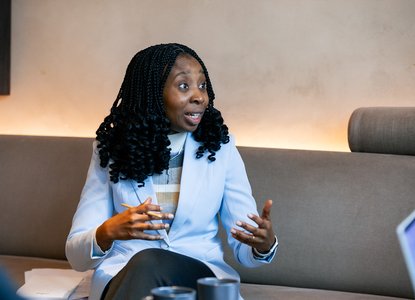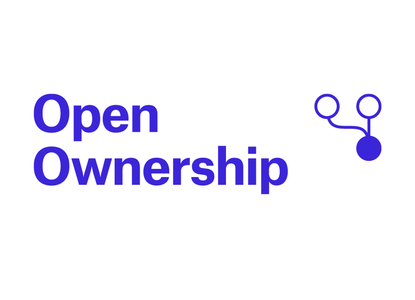Open Ownership welcomes new team members
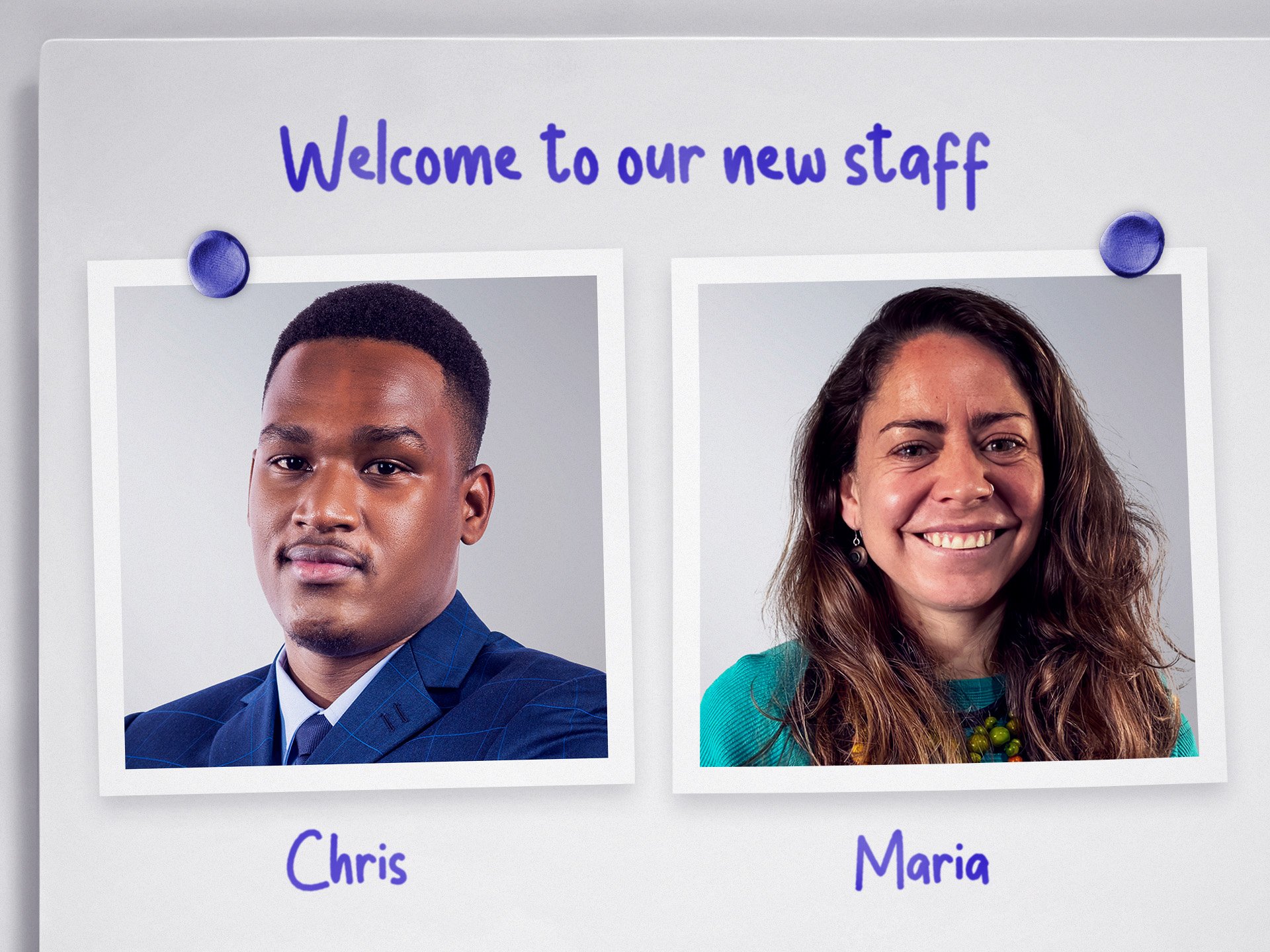
In this blog post, we learn more about Open Ownership’s two new colleagues, Christopher Barwa from Namibia and Maria Jofre from Chile.
Maria Jofre
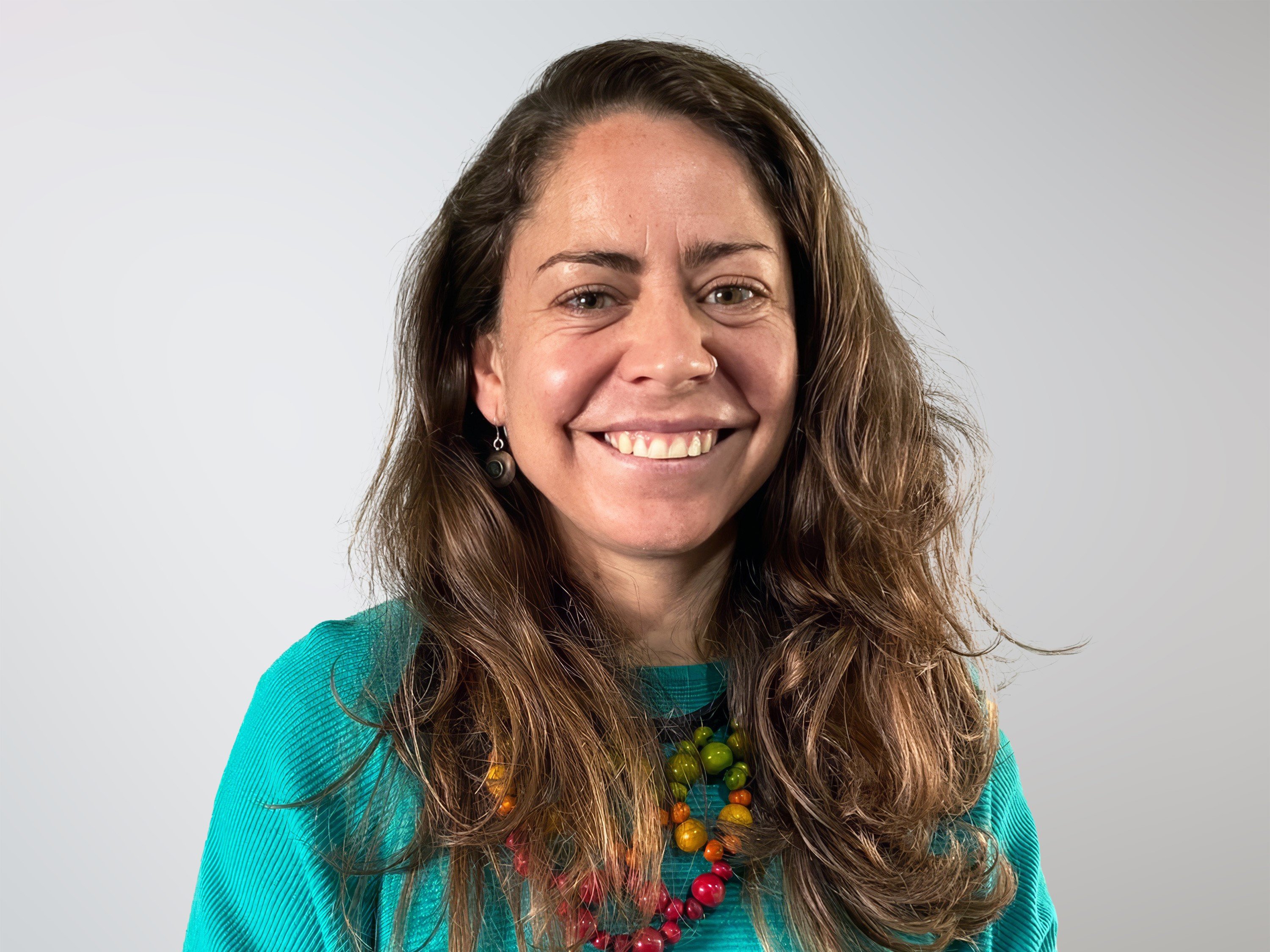
Open Ownership (OO): Tell us about your early life.
I was born in Santiago de Chile, where I lived for the first 25 years of my life. I come from a family of engineers, so it was natural for me to enter the field of analytics. At the end of my studies, I wasn’t drawn to the private sector, so I worked on security issues at a research centre. While there, I earned my Master’s degree on predicting crime levels in Santiago. Later, I moved to Sydney, Australia, and undertook a PhD on business analytics, accounting fraud, and criminology.
When I was lecturing, I missed carrying out research myself. I was invited by a well-known academic to do a post-doctorate at Transcrime in Italy, and started focusing on transparency and anti-corruption. Analytics felt like the best way to contribute to this community.
OO: How did your path lead you to Open Ownership?
In my work, I realised that data analytics was the future, and that it would come to play an extremely important role globally. This is the path that eventually brought me to Open Ownership. I understood that this was the skill I wanted to leverage in my career, as there is a need for more analytics in the transparency field.
It felt important for me to apply analytics in an area where there weren’t many analysts already, rather than working for a bank or in private consultancy. I wanted to be able to provide technical support, and I wanted to destigmatise data analytics. People think it is hard, but when you have the tools, it is possible and it is rewarding.
In the context of beneficial ownership transparency, harnessing the power of data is essential. Properly analysing and structuring information allows us to uncover patterns, identify risks, and provide objective insights that drive policy decisions. Without analytics, much of this information remains underutilised. Open Ownership was the perfect place to contribute to this mission, and our path converged at exactly the right time.
OO: And why is working in data analytics and transparency important to you now, particularly?
First of all, let me say – I don’t know everything. That’s the beauty of this field. I can engage in topical issues. For instance, climate change is increasingly important, and although I am not an expert, I have the opportunity to apply ownership data analytics to that field. I love that my work at Open Ownership brings me research opportunities in areas that I want to learn more about.
Now more than ever, there are so many areas that are critical, understudied domains, with trends that exist but are not yet demonstrated through data. Data is everywhere, but we don’t always know how to treat it. At Open Ownership, I generate analysis to advance our knowledge, and it helps to open many doors.
It is interesting for me to be part of this group when there are so many uncertainties in the world, especially when it comes to corruption, money laundering, and transparency. As we get more access to data, we realise that we actually know very little, and we keep building on it. It’s great to be a part of that change.
OO: You’ve come into a brand-new role at OO, working as a Data Analyst. What do you think are the challenges ahead?
In tech and data in general, we see a lot of resistance. I have experienced this throughout my academic life. For instance, it is not uncommon for academics to have papers rejected due to concerns about data limitations or potential biases, overlooking the value of evidence-based research. Often, people can be apprehensive about trusting the insights garnered from data analytics. One challenge is to encourage open-mindedness in a community that doesn’t always like change.
Another issue is that there isn’t that much high-quality beneficial ownership data available. Because of this, it can be challenging to convey a convincing discourse on beneficial ownership transparency. We have to be very creative not only in our use of sources and methodologies, but also in the ways we communicate our ideas. We have to balance what data we have, what we can do with that data, and how we share it with different audiences.
The beautiful thing about working at Open Ownership is that we are all different – we all have different roles and skills, and work in different ways, but we are all experts in our areas, and we challenge each other to go beyond assumptions and existing knowledge. In academia, opinions and expertise often overlap, making it harder to approach ideas differently and frame findings for external audiences. Here, I’m encouraged to think in new ways, reflecting on the core messages in the data and why they matter. This collaborative approach inspires me to explore alternative perspectives, making the work deeply enriching and fulfilling.
Christopher Barwa
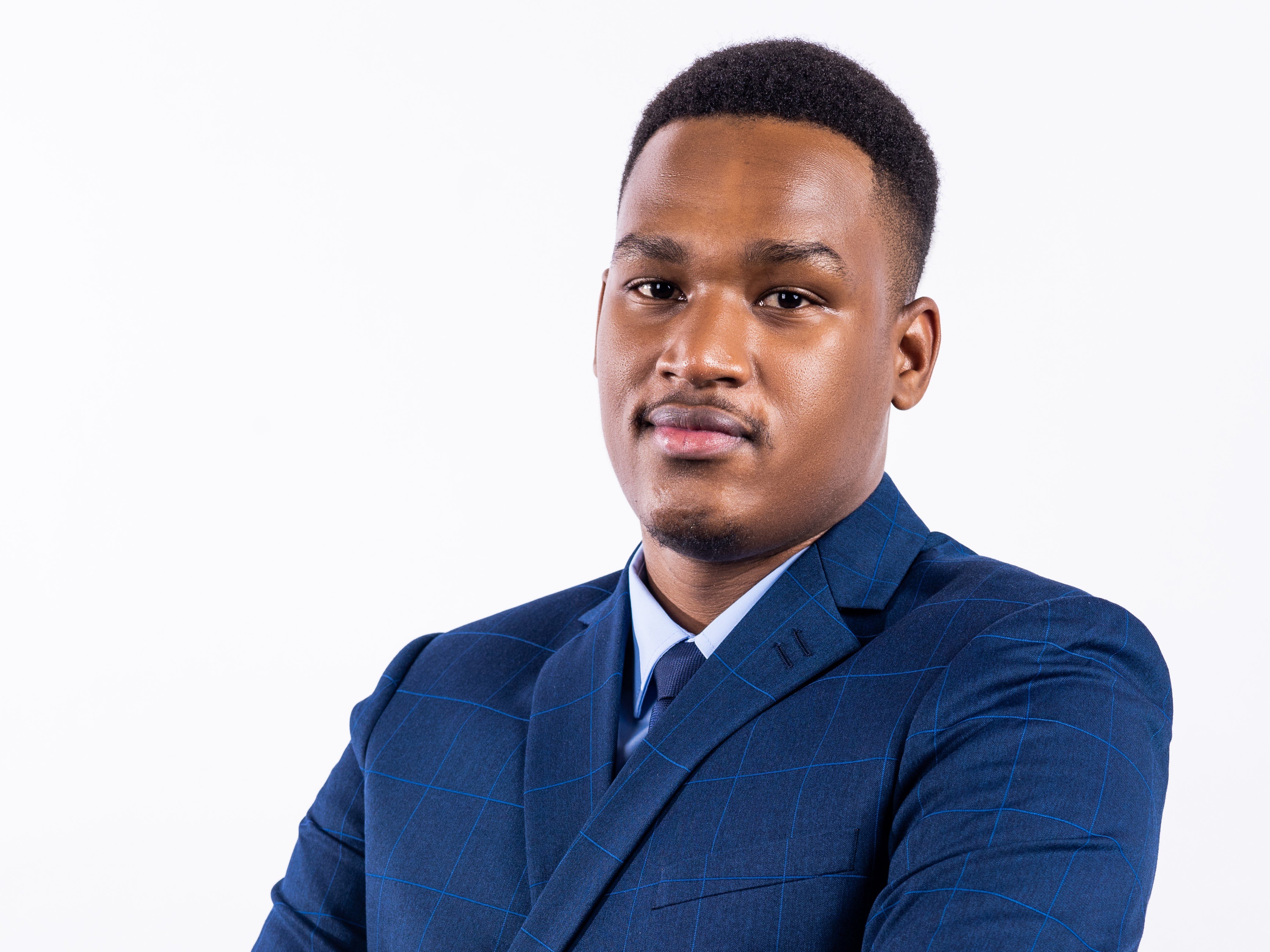
OO: Tell us about your early life.
I grew up in a small town in Namibia called Katima Mulilo. It has grown since then, but when I was young, there were very few stores. Development took time. Halfway through my teens, I moved to Walvis Bay on the Namibian coast and started to become more exposed to different ways of living and culture. My school had a partnership with another school in Germany. The first time I flew overseas was to Germany for a school trip, and so my interest in international affairs began.
OO: How did you come to work in the non-profit sector?
I volunteered at the Red Cross of Namibia for a few years and became passionate about volunteering in communities. When they wanted to establish a regional office in the Erongo region, they called on me. Even before this, I was involved in another non-profit organisation doing local community work. As I helped set up the new Red Cross office, I knew this was where I was meant to be.
The Red Cross then asked me to move to the national head office, and I did a lot of national work there. I also worked closely with the Southern Africa cluster of the International Federation of Red Cross and Red Crescent Societies, so I got exposed to international work too. I would volunteer and participate in international initiatives and I really enjoyed it, but after a few years I felt it was time for a change. While I was studying business management long distance, I was looking for an opportunity with a more flexible schedule, and that was how I got to know Open Ownership. I am really drawn to what Open Ownership does, working with diverse stakeholders like governments, and supporting the pathway to transparency in corporate ownership.
OO: Why is working in transparency important to you now, particularly?
After I started working at Open Ownership, it became clearer to me how important transparency is, and how important it is to work with governments on these issues.
Government offices in Namibia are small, and usually there are just a handful of people working on each policy issue. Partnering with organisations like Open Ownership can support governments to make concrete progress on the journey to implementing meaningful change, as it maximises the limited resources that are available. There have been high-profile cases in Namibia where we have seen how corruption has meant lost livelihoods, and we can really see the impact on peoples’ lives.
When I talk about what I do, people sometimes challenge me, especially those who own companies: Why do we need to declare beneficial owners? And although I am not a technical expert, I can now explain why it is needed and help people to understand the benefits. I can tell them that this is not a niche area affecting just company owners, but this policy area actually affects everyone in society.
OO: You have come into a brand-new role at OO, working as the Country Implementation Associate. What are your thoughts on the challenges ahead?
Remote working felt like a challenge initially, but now that I am used to it, it just feels like we are in an office – even though we are in different countries and different time zones. I had to learn about the concept of beneficial ownership transparency initially, and that feels familiar now.
One thing that will continue to be a challenge is figuring out how to support different countries at different stages of the implementation journey. Some are more advanced, and some have barely started. Our challenge is continuing to learn how, as a small team, to tailor our support to each country and their specific needs. Sharing lessons learned can be helpful, but sometimes something that works in one context may not work in another, especially if there are countries that have different-sized economies, or are in other regions – you can’t simply copy and paste. But it’s a great challenge, and I enjoy it.
Related articles and publications
Publication type
Blog post
